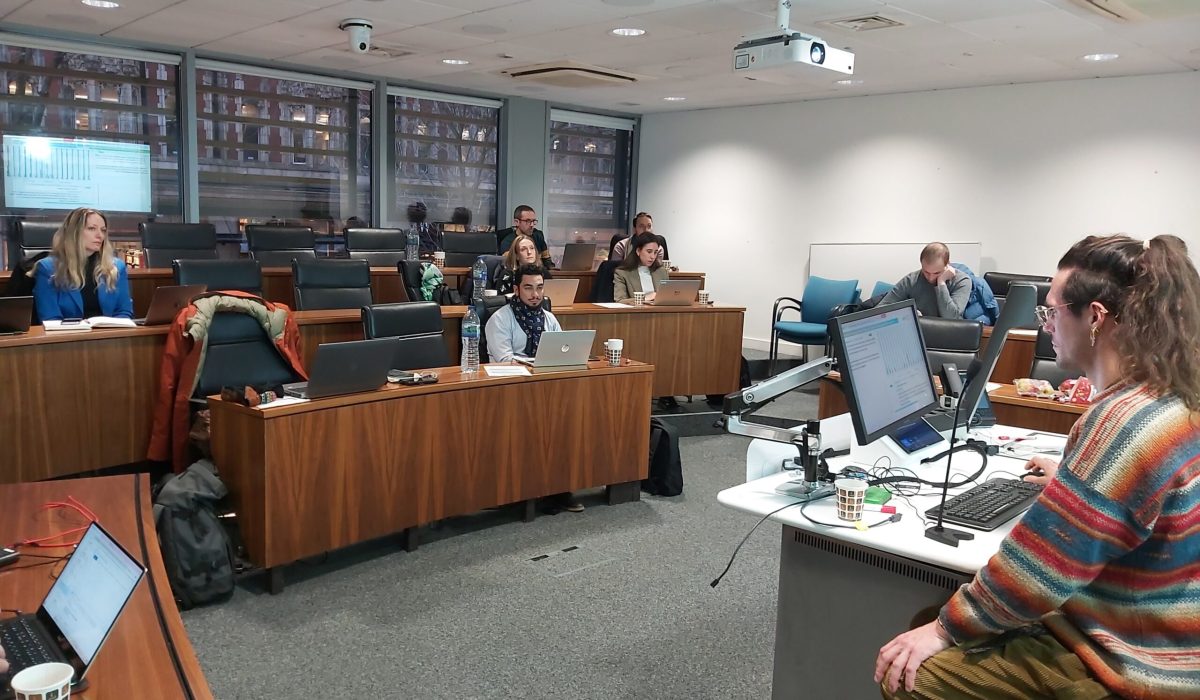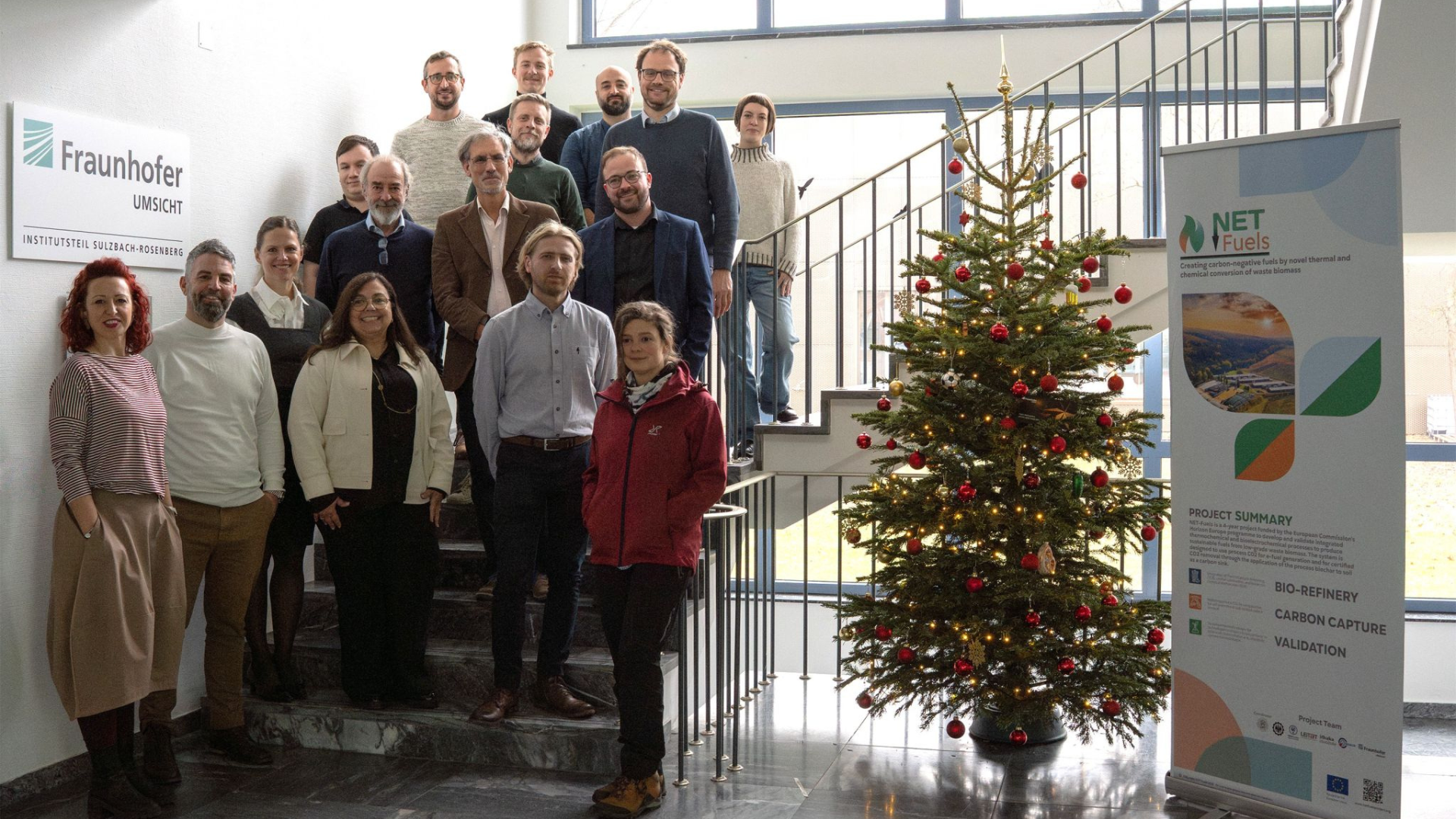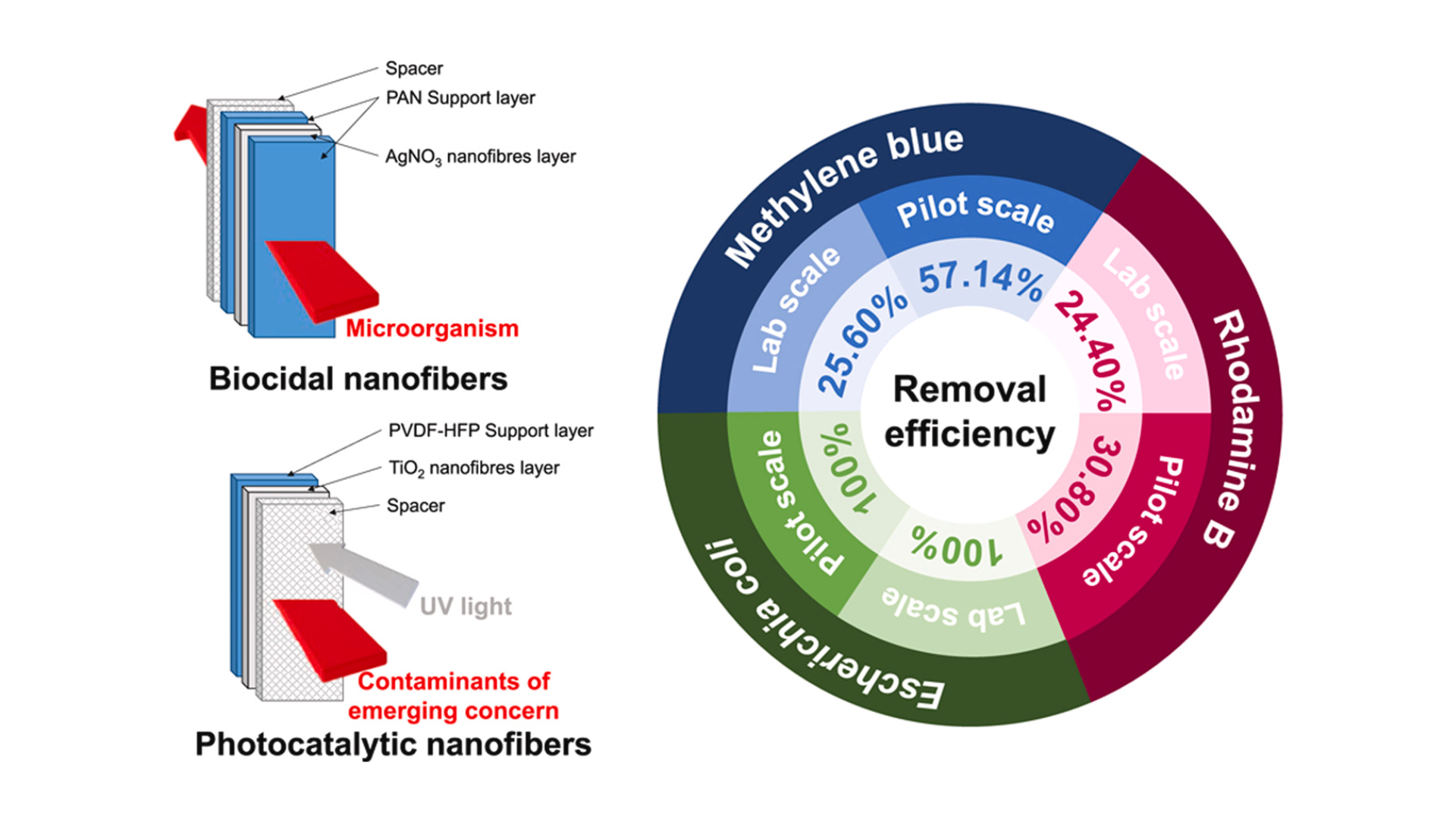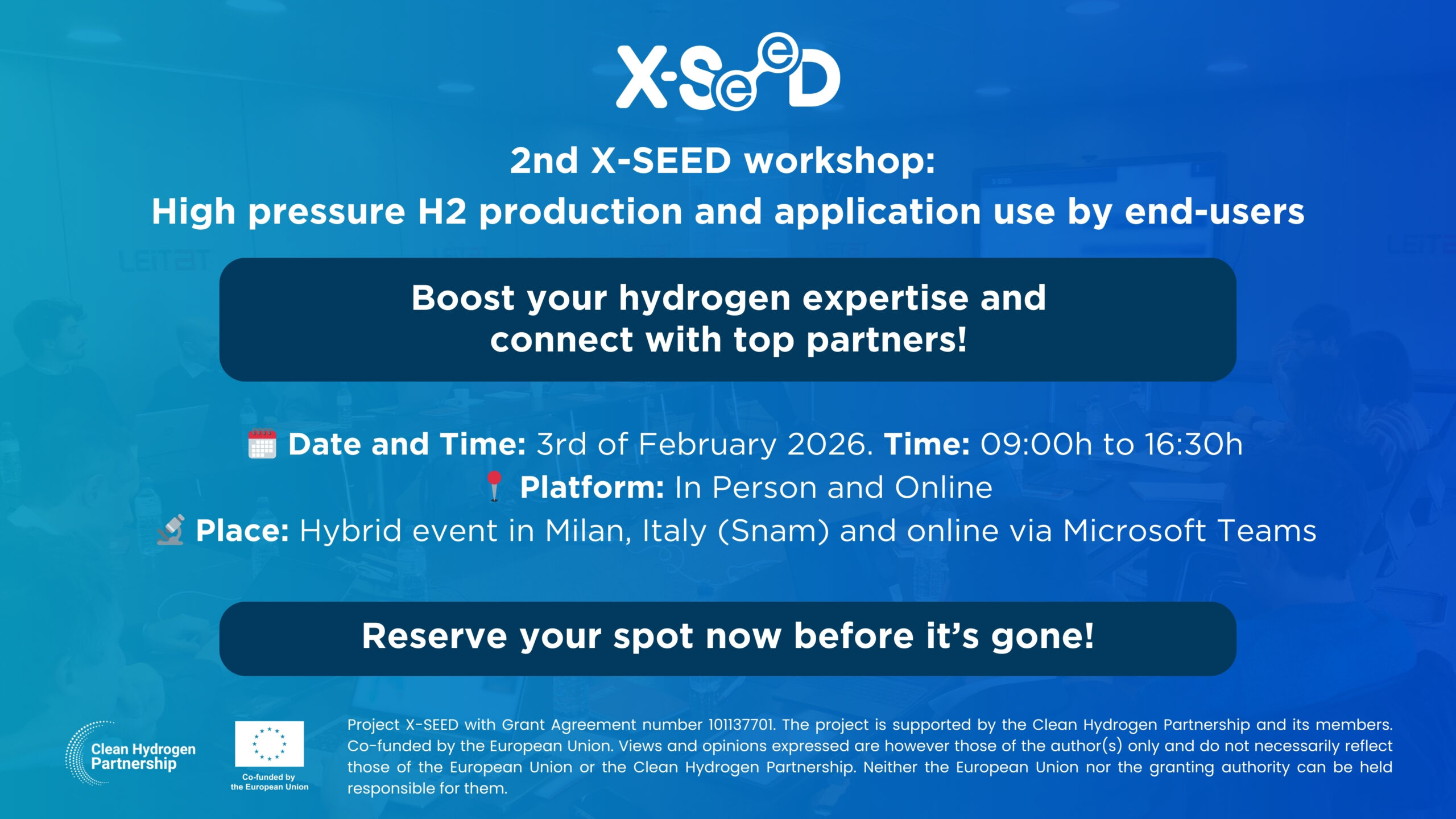The AM4BAT Project, an ambitious initiative led by Leitat, recently held a pivotal consortium meeting at University College London (UCL), marking a significant milestone in the advancement of anode-free all-solid-state battery (ASSB) technology. This gathering brought together 11 partners from seven countries, fostering robust collaboration among Small and Medium Enterprises (SMEs), Research and Technology Organisations (RTOs), universities, and large corporations.
Key Achievements and Innovations
During the meeting, several critical advancements in ASSB development were showcased, highlighting the consortium’s innovative efforts and determination to overcome the complex challenges of this cutting-edge technology. Notable achievements include:
Innovative Printable Electrolyte: Achieved critical cycling performance at room temperature, marking a key milestone for ASSB viability.
Printable Binder for Cathode Composites: Successfully developed to enhance performance and scalability of cathode composites.
Large-Scale Production of LMNO and NMC811: Production of LMNO at kilogram scale and development of a protective layer for NMC811, essential for efficient battery performance.
Current Collector Design: Significant improvements in current collector design, a critical element for anode-free cells in solid-state battery technology.
Baseline Cell Model: Ongoing development integrating project innovations to refine battery performance models.
Exploitation & Innovation Open Day Workshop
To amplify the project’s impact beyond the consortium, an Exploitation & Innovation Open Day Workshop was held in January. This event served as an interactive platform for knowledge exchange with external stakeholders, fostering collaboration with industry experts and innovators. Key topics covered included:
Polymeric Solid Electrolytes: Exploration of their potential to revolutionise energy storage solutions.
Optimised Resin Formulations: Insights into UV-curing acrylic resins and their role in enhancing battery performance.
Ionic Liquid-Based Electrolytes: Discussions on their potential for structural batteries, enabling new functionalities.
3D Printing Advancements: The role of 3D printing in creating efficient, customisable battery components for future ASSB technologies.
Stay Connected
The AM4BAT Project continues to push the boundaries of battery technology, striving towards the development of an anode-free all-solid-state battery that could define the future of energy storage.
Stay informed about the latest developments and join the conversation by following the AM4BAT Project on LinkedIn. Together, we can drive the future of energy storage innovation.





